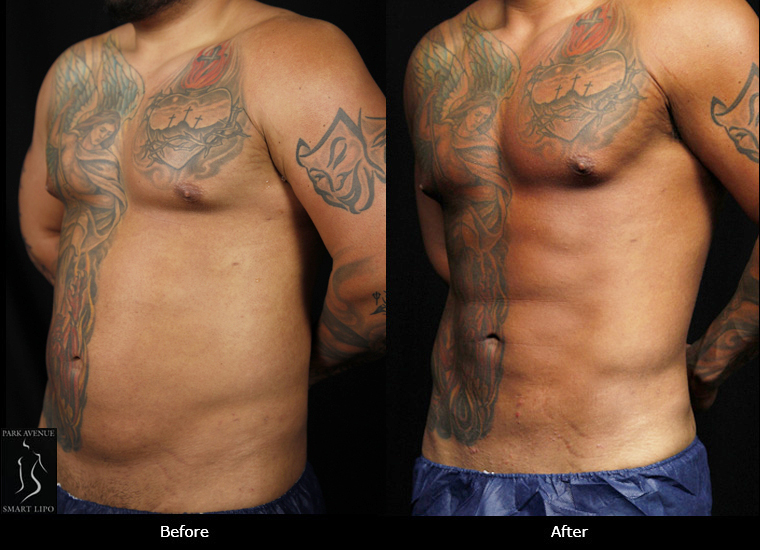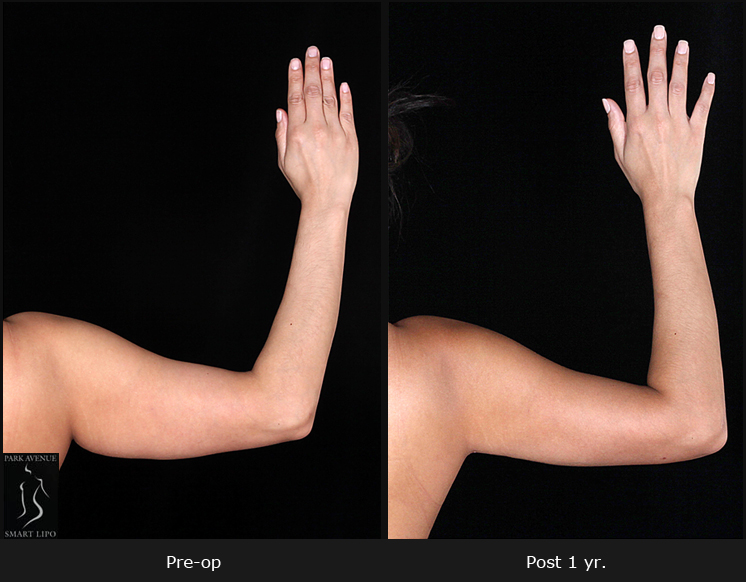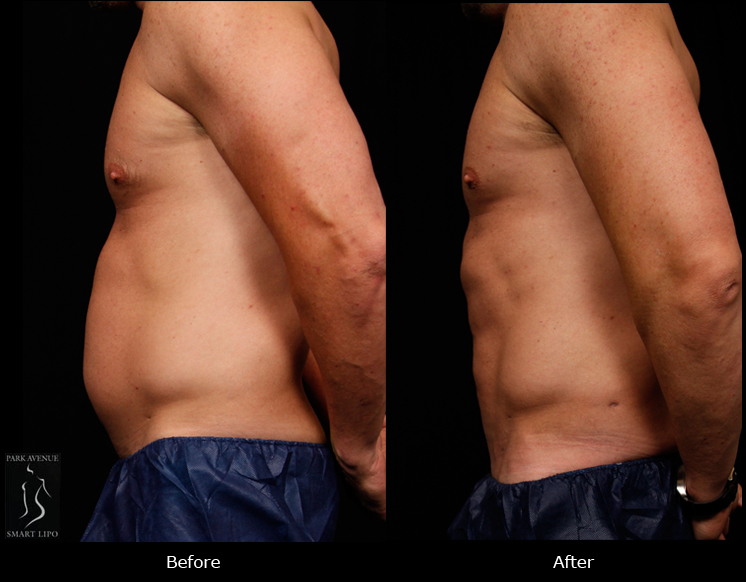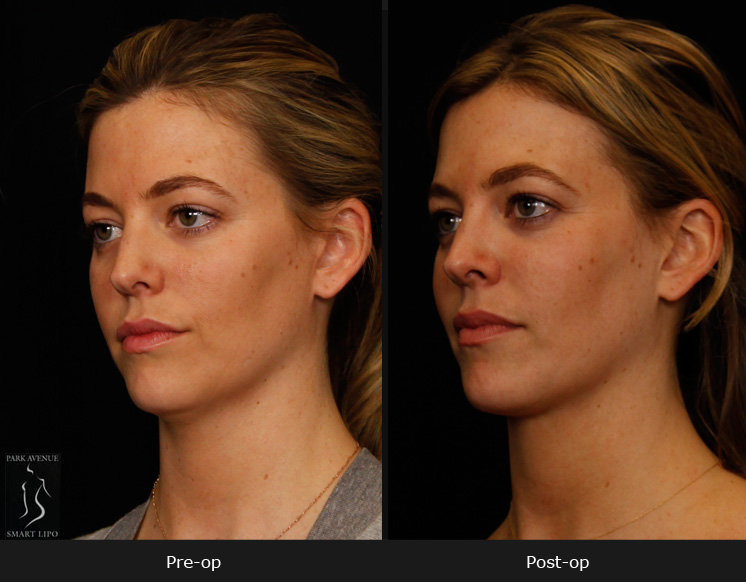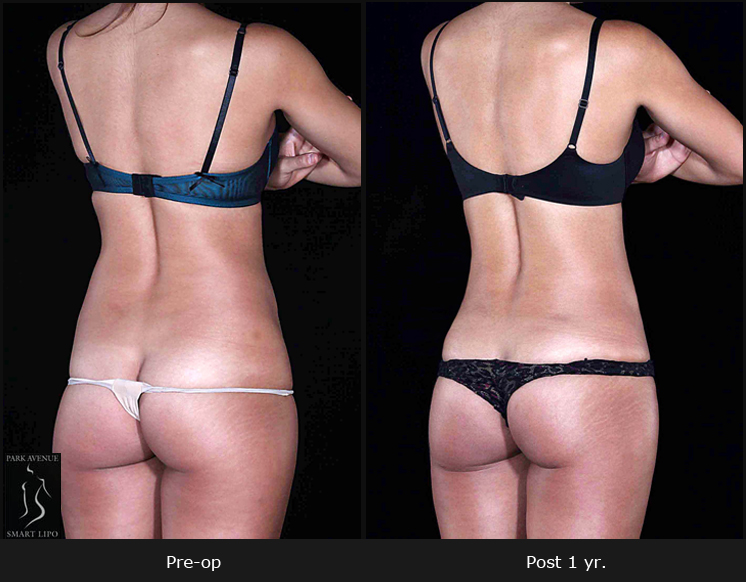Liposuction in New York City is one of the most popular cosmetic surgical procedures. It gets rid of stubborn fat pockets and helps you achieve a well-defined physique. With the advancements in technology, liposuction is now much safer, faster and more effective. For instance, laser liposuction using the FDA-approved Smartlipo workstation allows patients to achieve their body contouring goals without invasive surgery. The procedure can treat various areas such as the abdomen, arms, flanks, hips, thighs, and buttocks, as well as delicate sites like the face and chin.
While liposuction cannot help you lose weight, it can make you look slimmer. When performed by an expert plastic surgeon, laser lipo can provide outstanding results for the right candidate. However, most prospective patients are concerned about how long results will last. In fact, one of the most common questions people ask their plastic surgeon is: “Does the fat come back after liposuction?”
Excess calories get stored in the form of fat and women and men have different fat distribution patterns. Plastic surgeons use various techniques to perform liposuction and remove localized fat deposits from the body. Excess fat removed using liposuction is permanently removed from that treated area. Unfortunately, this fat can return if you gain weight significantly after your liposuction treatment. So, the key to maintaining your results is stay at your ideal weight.
Take a patient who had abdomen liposuction. A small weight gain of about five lbs after the procedure will cause the fat cells to expand throughout the body. Liposuction results will diminish with this slight weight gain but will still be visible as the area that was treated – the abdomen – will have fewer fat cells.
If the patient adds on a lot of pounds (10% of their body weight) a report from the American Society of Plastic Surgeons notes that new fat cells would appear in all areas of the body, including the treated area. But the fat cell development would be uniform throughout the body, with the treated area accumulating less. As a result, patients who gain weight post liposuction would still be in better shape than if they did not have liposuction.
A study published in the journal Obesity in 2011 found that fat removed via liposuction from one area returned in another area (www.nytimes.com). Drs. Teri L. Hernandez and Robert H. Eckel of the University of Colorado recruited nonobese women to have liposuction on their thighs and lower abdomen. All of the fat removed returned after a year, but not in the thighs. Dr. Eckel noted that “it was redistributed upstairs,” mostly in the upper abdomen, but also around the shoulders and triceps of the arms. According to Dr. Klein, the reason why new fat cells did not grow in the patients’ thighs could be because liposuction “violently destroys the fishnet structure under the skin where fat cells live”.
According to Haute Beauty, “about 20% of patients who undergo liposuction end up weighing more a year after their liposuction”. If patients maintain their post-lipo weight, the fat will not return and the optimal results of liposuction treatment remain intact. To enjoy the best and most durable long-term lipo results, patients should watch what they are eating and should follow their exercise regime regularly, even after liposuction.
Having a plastic surgery procedure like liposuction involves time, money, and energy in recovering. Not maintaining your weight would affect your results and also waste your efforts. Staying at your ideal weight with a healthy lifestyle is the key to enjoying long-term results. Here are some strategies that can help sustain the results of your liposuction treatment:
- Diligently follow your surgeon’s post-operative instructions
- Eat healthy – reduce caloric intake and carbs, and eat a protein-rich diet
- Avoid processed flour and sugar
- Drink plenty of water
- Eat several smaller meals throughout the day
- Exercise regularly and never skip meals
If you are considering liposuction in New York City, find an AAAASF-accredited plastic surgery facility that has plastic surgeons who are skilled in performing the procedure using the latest techniques. A reliable surgeon will evaluate your concerns, educate you on all the available options, help you take an informed decision, and ensure that the treatment is customized to meet your goals.

